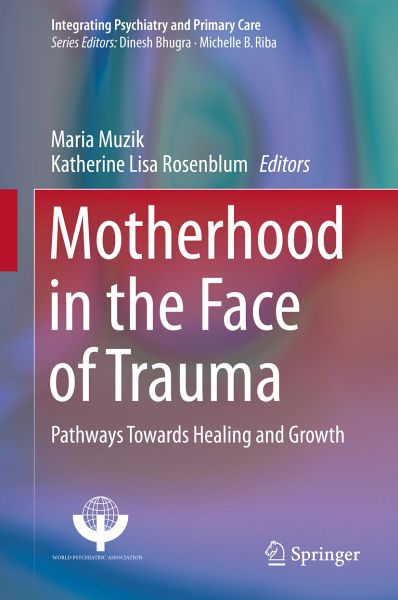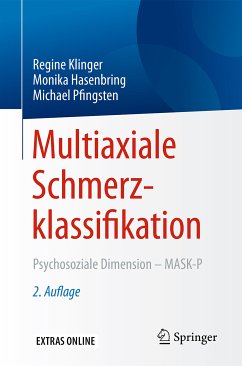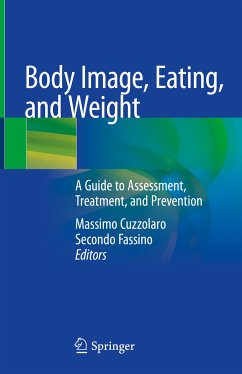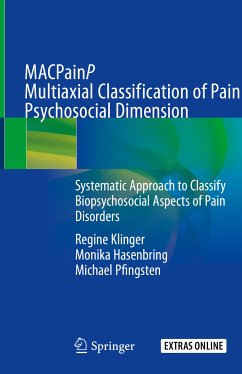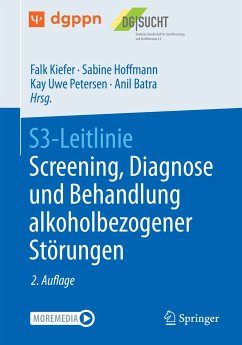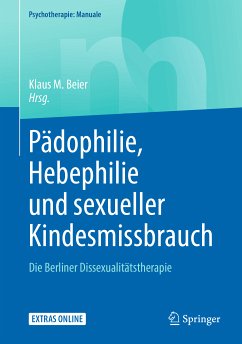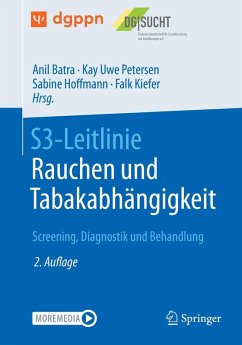Dr. Muzik is an Associate Professor in the Department of Psychiatry at the University of Michigan where she conducts research and provides clinical care. Dr. Muzik is Medical Director of the Women & Infants Mental Health Program. She completed her medical training in psychiatry at the University of Vienna in Austria, and at the University of Michigan in the United States. She is a certified psychotherapist in Psychoanalytic Therapy through the Vienna Psychoanalytic Institute, a certified mother-infant psychotherapist through the University of Michigan Infant Mental Health Certificate Program, and a research fellow with the International Psychoanalytic Association. Dr. Muzik also holds a master's degree in Clinical Research and Statistical Analysis from the University of Michigan, School of Public Health. Her research focuses on depression and anxiety during pregnancy and postpartum, and its impact on parenting and child outcomes. She is interested in the impact of maternal/family psychiatric illness on early child development as well as in interactions between biological vulnerability and environmental factors on infant emotional and biological development. Dr. Rosenblum is a clinical and developmental psychologist and Professor of Psychiatry at the University of Michigan's Department of Psychiatry, where together with Dr. Muzik she directs the Women and Infants Mental Health Program. Dr. Rosenblum co-directs the Infant and Early Childhood Clinic, the specialty clinic within the Department of Psychiatry that provides assessment and treatment to infants, toddlers, and young children who have been exposed to trauma and/or adversity, and she regularly consults with professionals across systems working with children affected by trauma, including lawyers, judges, caseworkers, primary care providers, and educators. Dr. Rosenblum's research, teaching and clinical work focus on parenting, infant, and early childhood mental health. Dr. Rosenblum has published numerous peer-review articles and book chapters, and she directs a number of federally- and foundation-funded studies with a particular focus on infancy, early childhood, military/veteran families, and support for parents with mental illness. Many of the families she works with have experienced significant disruptions, including separations, trauma, and/or loss. In these contexts her work focuses on strengthening protective factors to enhance family resilience.
